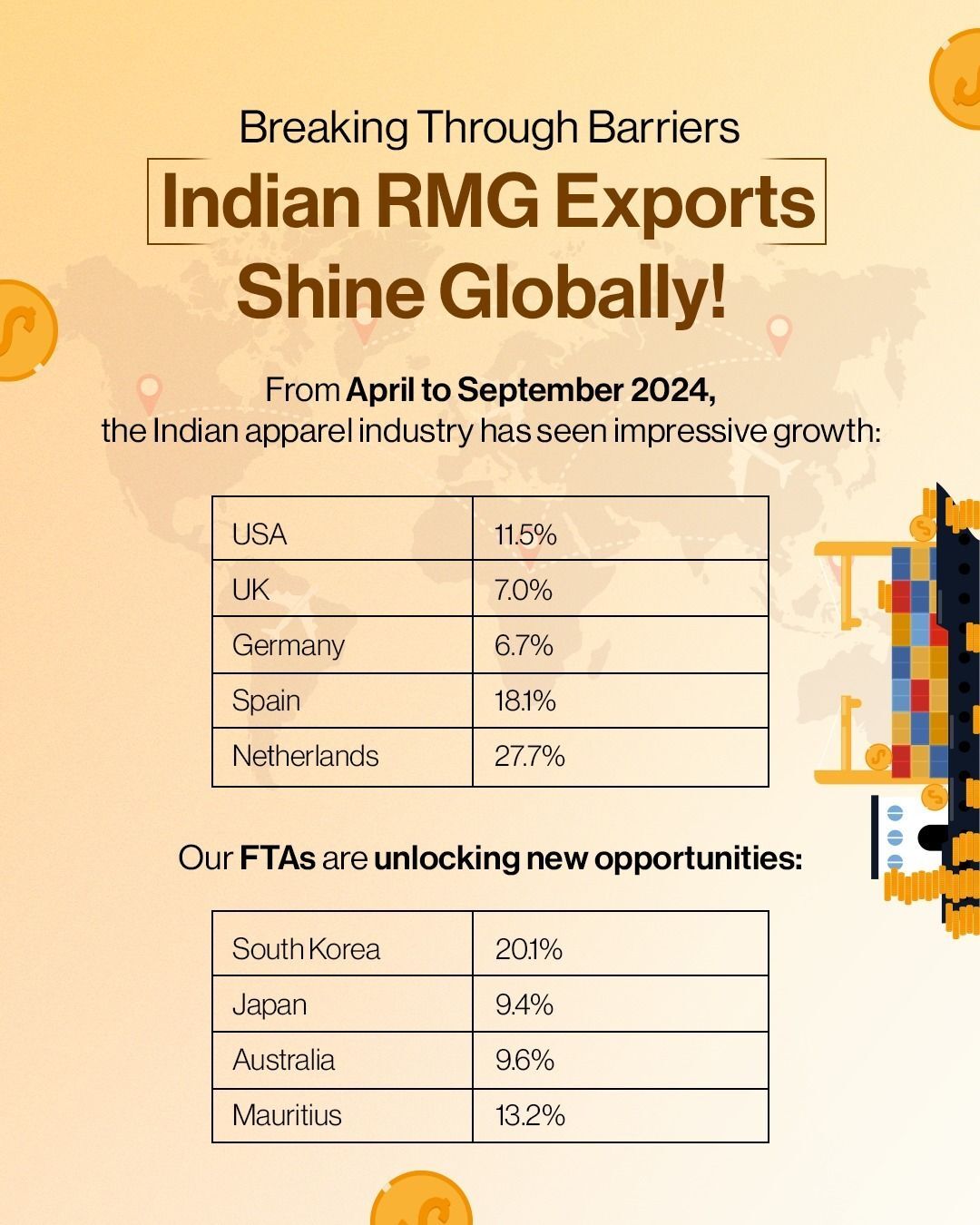A team at The Hong Kong Polytechnic University, led by DahuaShou, has developed innovative thermally-insulated and breathable soft robotic clothing that adapts to changing temperatures, enhancing worker safety in extreme heat. Their research, published in Advanced Science, addresses the urgent need for protective clothing that offers both thermal insulation and comfort in high-temperature environments, such as those faced by firefighters and construction workers.
Traditional thermal protective gear has limitations, often leading to overheating and discomfort in moderate conditions. Shou’s team drew inspiration from pigeons’ natural ability to regulate temperature by fluffing their feathers. They developed clothing with soft robotic textiles that use thermo-stimulated actuators.
These actuators, embedded in the fabric, respond to rising temperatures by expanding, which increases the material’s thermal resistance. This innovation can keep the inner surface up to 10°C cooler than conventional heat-resistant clothing, even when the outer surface reaches 120°C.
Made from thermoplastic polyurethane, the clothing is lightweight, skin-friendly, and durable, offering superior breathability without relying on energy-consuming cooling systems. It also withstands rigorous washing tests, making it suitable for a wide range of applications, including activewear, healthcare apparel, and construction insulation.
Shou sees vast potential for this technology in various fields, from winter jackets to sustainable building insulation, contributing to energy-saving efforts. Supported by the Innovation and Technology Commission and the Hong Kong Research Institute of Textiles and Apparel, the team is also exploring applications for low-temperature environments, ensuring thermal comfort across diverse conditions.












